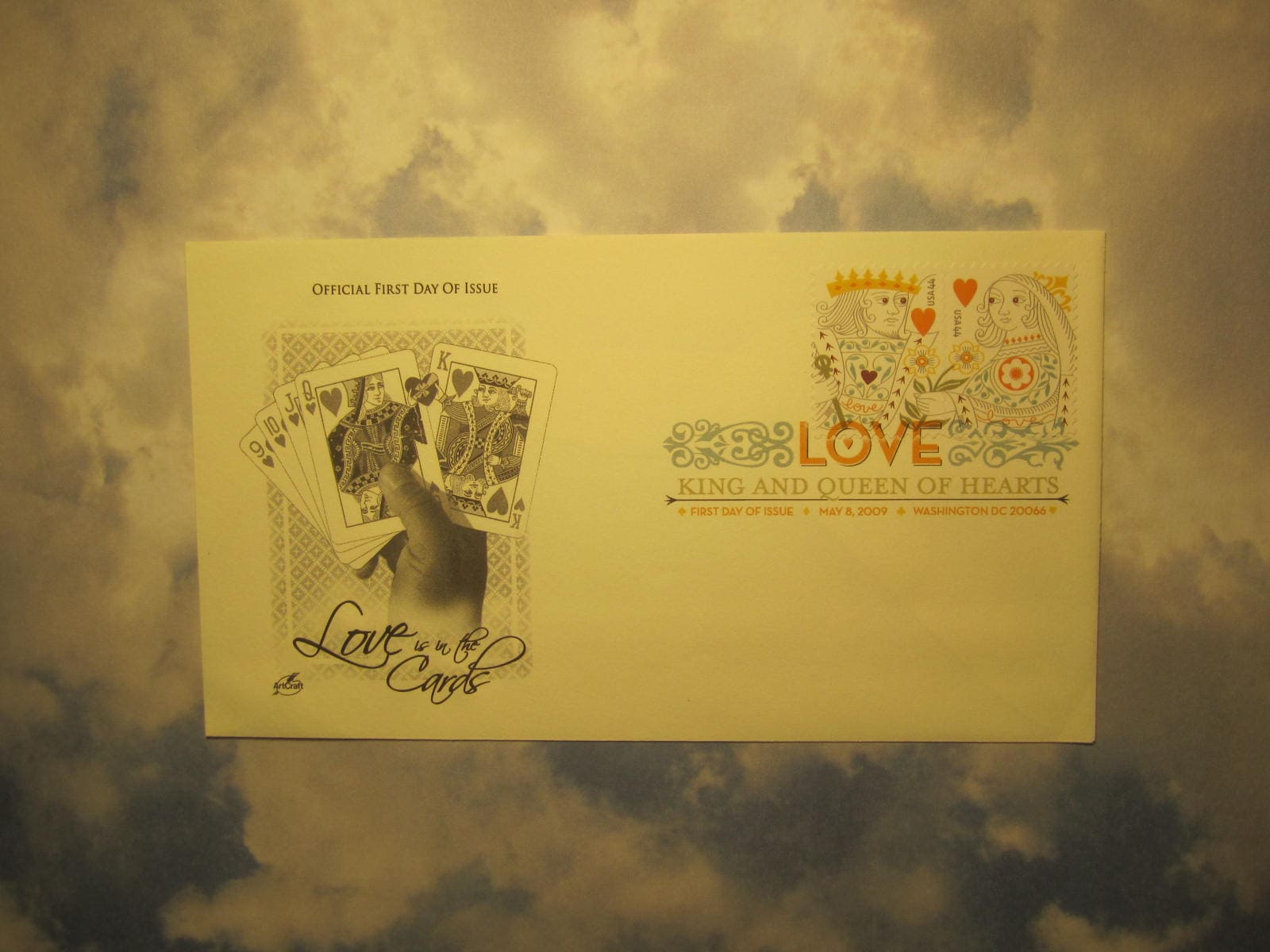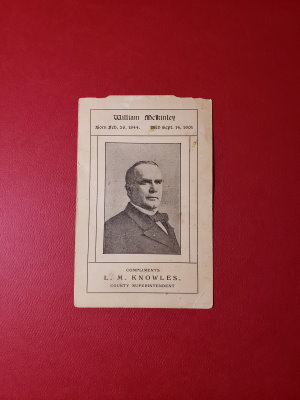A Day to Forget
I don’t believe there are too many people who start their day with a new twinkle in their eye about love. Rarely does one say, “Oh, I will open my door, walk down the street, and find true love today.” Those who do chose to take that path usually end up regretting their determination.
Love is usually a tiny little seed that grows with time. The eyes are usually the key to its success. Usually it starts with a physical attraction, but if that is the only fiber that holds it together, it will usually come unraveled. It could be a kindness that catches love’s gaze. Again, if it is a one-time kindness or is not genuine, that expectation will one day extinguish. If love is not there day in and day out, the eyes are the first to notice.
Love is a day by day living of two lives that are better together than they are apart. Wanting someone or needing someone is one of those tricks our emotions play on us to convince us that we are in love. When someone fails to meet those expectations, or once they meet them and we realize that’s not all we want, we tire of the relationship and we want to move on.
True love withstands the waves that break against its piers. The longing for a life missed or the thought that there might be something better stand no chance against its foundation. True love doesn’t fade, it grows. Its spark is not a one way connection. You are not just the recipient; you are also the giver. But love keeps no tally of who is ahead or who is behind. Love gives because that is what love is.
Martha “Mittie” Bulloch was born on July 8, 1835 in Hartford, Connecticut. When Mittie was four years old her family moved to a place that would eventually be called Roswell, Georgia. Her father, Major Bulloch, was forming a partnership with Roswell King, the town’s founder and eventual namesake. Mittie’s father would build an elaborate mansion called Bullock Hall. Bulloch Hall is now listed on the National Register of Historic Places.
Major Bulloch and Roswell King’s partnership involved a new cotton mill. The Bullochs became quite the wealthy plantation family. They were members of the Georgia elite and Mittie became quite the southern belle. It is even said that she might have been the one that inspired Margaret Mitchell’s Scarlett O’Hara character in Gone with the Wind.
Mittie would marry “Thee” on December 22, 1853 at Bulloch Hall. This was definitely the bride’s wedding. Thee’s parents, Cornelius and Margaret, were about the only ones from the north to venture down for the wedding. None of Thee’s four brothers would show up. Their wedding ceremony would last seven days.
After their honeymoon, Mittie and Thee moved into their new home in New York City. It was a present from Thee’s parents. When the Civil War broke out Mittie’s brothers fought in the Confederacy and she was very sympathetic to their side. Thee, on the other hand, was a diehard Union man. He would even visit Lincoln and lobby Congress for support for the Union troops in the field.
I, like so many before me, thought I knew what love was. I believed that the twinkle, once planted, would stand forever. Then an earthquake hit my world and cracked its very foundation. The words came like thunder: “If you don’t leave, I will.” I stood there in shock, wondering what was happening. “Wasn’t love forever?” I questioned.
Like most couples that break apart, both sides claimed they were the greatest victim. Families chose their sides and they would usually stand beside their clan regardless of the evidence. It became a trial in which love stood no chance. No one was interested in love’s survival; everyone wanted “justice.” Then, as often is the case, a divorced followed.
The Bible is filled with stories about despair. In that sense, it’s much like life itself. Filling its pages are stories of how people cope with that despair. Surprisingly, the stories don’t always end the same way. Not all the stories end with: “They lived happily ever after.” Even when there are victories, there are many losers that suffer in those same stories.
The Bible doesn’t really teach us how to rid our life of despair. Despair is just one of the many facets of life that keeps us on our toes. The Bible uses many stories to guide us in the art of tip toeing through the tulips of despair.
This is one of those stories of despair. It seems like every stomp that destroys despair, more despair pops up. Will the despair never end? The simple answer was, “No, despair never ends.”
Alice “Sunshine” Lee was born on July 29, 1861 in Chestnut Hill, Massachusetts. Her father, George Cabot Lee, was a banker. With her long, wavy hair and blue-gray eyes, she was a beautiful girl with a very cheerful disposition. Hence, the nickname “Sunshine.” At 5’6” tall, she was a towering presence in her day.
At the age of nineteen, “Sunshine” would marry one of Mittie’s sons, a future President, on October 27, 1880. He was twenty-two years old. They would marry at the Unitarian Church in Brookline, Massachusetts. Shortly after their marriage they would move in with Mittie. In October 1882 “Sunshine” would move to Albany and live in the boarding house with her husband. She would learn about the New York politics that he had become involved in.
The couple was so in love. “Sunshine” would become pregnant and move back in with her mother-in-law, Mittie. Two years later, their love would produce their only child, Alice Lee. Alice Lee was born on February 12, 1884 in New York City.
Divorce led to a period of great loneliness in my life. I felt I had to prove I was loveable to someone. The harder I tried to prove that the more miserable my life became. God didn’t listen to any of my prayers to put someone in my life to prove to me that my love was desired and appreciated. I had to face the facts: My life was now going to be filled with nothing but loneliness and unhappiness.
Finally, after much struggle, God opened my eyes. There before me stood, not someone who respected and wanted my love, but Him. Like a magic potion, I was lifted up. God loved me and I had failed to truly see what that really meant.
He taught me to enjoy life again. I became involved in things. I learned that life wasn’t about proving things; it was about enjoying, helping, and getting to know others. It wasn’t about what I could get out of it; it was about what I could put into it. Loneliness, to my surprise, was replaced by an unselfish love for others.
“Yeah! Yeah! Yeah!” the people shouted. “Our despair is gone! Our despair is gone!” began the celebration. So many people were in the parade it was hard to get an exact count. Freedom never felt so good. There was no looking back now. It was on to the land of milk and honey.
The Israelites were feeling so good as they headed out of Egypt. They hadn’t gotten too far when they looked in their rear view mirrors and noticed that the Egyptians were coming after them. “Woe is me! Woe is me!” they cried. As they approached the sea they saw nothing but their despair returning. They were trapped.
God heard their cries and opened the sea for them to cross. “Yeah! Yeah! Yeah! Our despair is gone,” they shouted. But over and over again this roller coaster would play out. For despair is never really totally eradicated.
Alice Lee would grow into one of the most colorful children of a President. Normal, conventional, and noncontroversial were not part of her vocabulary. She was the celebrity who was always the talk of the town and she loved it. Her Dad, when he was President, would once say, “I can either run the country or I can attend to Alice, but I cannot possibly do both.”
Alice Lee became a fashion icon, a socialite, and a writer. She smoked cigarettes in public, rode in cars with men, and she was even known to place bets. Once, on a cruise, she jumped, fully clothed into the pool. She would use her charm to convince a Congressman to do the same. She would marry that Congressman and he would eventually become the Speaker of the House.
When I learned what true love really was, God realized I was ready to take it to the next level. That’s when Cathy came into my life. I was very fortunate because Cathy already knew what real love was all about. My happiness has been a firework’s display ever since.
The Israelites greatest encounter with despair in the wilderness possibly came when their great leader, Moses, climbed to the top of Mount Sinai to receive the Ten Commandments and other commands. “Woe is me! Woe is me!” the peopled cried when he did not return after more than a month.
The Israelites decided to take their despair into their own hands. They would make themselves their own god. They would make a new and improved god that wouldn’t allow despair.
When the Israelites finished their new god, they were about to find out what despair was really all about. To their surprise, Moses came down the mountain. Their disobedience and impatience would result in the ultimate punishment: their despair would not find relief in the land of milk and honey. They would never have the opportunity to enter that land.
February 12, 1884 was probably one of the happiest days of Teddy Roosevelt’s life. His sweet, beautiful wife, Alice “Sunshine” Hathaway Lee Roosevelt, had just given birth to his first child, a daughter named Alice Lee Roosevelt. Now he had two, no, let’s say three women he could love so much. His Mom, Mittie, was also there at the house. How much better could life get than that?
Two days later, February 14, 1884, Valentine’s Day, was perhaps the worse day of Teddy’s life. At 3:00 am his Mom died of typhoid fever. Later, on that same day, in the very same house, his sweet, beautiful wife, “Sunshine,” who was only twenty-two years old, died, too. She died from a failed kidney (called Bright’s disease at the time). Now it was just him and tiny little Alice Lee.
Theodore Roosevelt was completely devastated. He would rarely allow Alice “Sunshine” Roosevelt’s name to ever be uttered in his presence again. He would not even mention her in his autobiography. He would even send his daughter, Alice Lee, to live with his sister Bamie while he grieved. He would reassume custody of Alice Lee when she was three years old.
Despair and grief are perhaps two of the greatest sorrows that can blanket the soul. We want nothing more than to escape its wrappings. Once free, we hope we never have to be covered by its shadows again. But, no matter how hard we try, it always seems to be able to find us.
I do believe despair has a purpose in our lives, though. First, it brings us back down to earth. Usually our greatest despair comes when we feel we have the world under our control or the world should bow down to our hurts. When we feel like we are on top of the world or we feel our cause deserves only the justice we determine, we forget that it is really God who is on top of the world.
Second, despair lets us feel pain, true pain. It isn’t until we experience true pain that we can truly understand other’s pain. We can feel sorry for someone who is hungry, but we really can’t truly understand hunger until we really experience true hunger for ourselves.
Prayer: Dear Mighty Father, Thank you for always being with me in my moments of despair. Even though I have thought You had left me, You were always right there beside me. Thank You so much for all the lessons that despair has taught me. Please be with those who are now experiencing despair, because I know they really need to feel Your presence. Amen.



